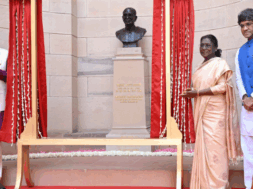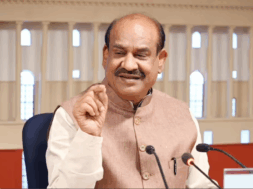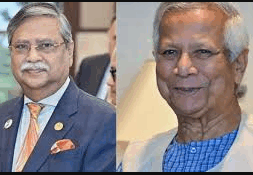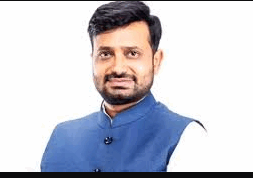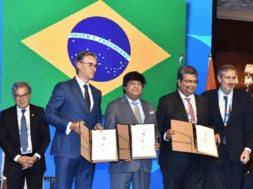
Roving Periscope: After China, “India is the 2nd biggest threat,” claims Canada
Virendra Pandit
New Delhi: Canada on Thursday claimed that, after China, India is the second biggest threat to the North American nation’s “democracy.”
Its claim came in the wake of the victory of two Khalistani militants—Amritpal Singh (from Khandoor Sahib LS constituency, Punjab) and Sarabjeet Singh Khalsa, son of former PM Indira Gandhi’s assassin Beant Singh (Faridkot, Punjab)—as Independent candidates in the just-concluded Lok Sabha elections.
Significantly, Prime Minister Narendra Modi had, during a recent TV interview, disclosed that some “foreign countries were not merely influencing but also interfering” in India’s parliamentary elections. The new government, expected to take office soon, is likely to probe how foreign funds were used by some political parties and leaders to fan anti-NDA sentiments in these elections.
The Justine Trudeau government in Canada itself depends on pro-Khalistani political outfits for its survival. The next Canadian parliamentary elections are due by October 2050.
According to a recent special report from a high-level Canadian parliamentary committee, India is the “second-biggest foreign threat” to Canada’s democracy.
The report named China as the number-one threat to Canada. India has moved up from the third spot in 2019, ahead of Russia, in the foreign threat perception index—despite Russia threatening NATO, of which Canada is a founding member, every day.
“India emerged as the second-most significant foreign interference threat to Canada’s democratic institutions and processes,” said the National Security and Intelligence Committee of Parliamentarians (NSICP) report.
“While India’s foreign interference efforts have slowly increased, it became clear during the period of this review that its efforts had extended beyond countering what it perceived as pro-Khalistani efforts in Canada to include interfering in Canadian democratic processes and institutions, including through the targeting of Canadian politicians, ethnic media and Indo-Canadian ethnocultural communities,” the report stated.
The NSICP comprises members of the Canadian House of Commons and Senate.
Contrary to the 2019 report, which identified Russia as the second-most significant foreign threat, the recent committee report found Moscow’s engagement in foreign interference activities specifically targeting Canadian democratic institutions and processes to be less than initially assessed.
The report also noted the involvement of Pakistan and Iran in foreign interference activities. Clearly, the ruling party is whipping up a jingoistic frenzy to garner the support of worried Canadians, even at the cost of antagonizing the world’s largest democracy, to stay in power.
That was why, Deputy Prime Minister Chrystia Freeland told reporters that Canada took the threat of foreign political interference “very seriously” and that the country couldn’t be “naïve” about “authoritarian” governments attempting to undermine Canadian democracy, reported “CBC News.”
The NSICOP report was made public amid strained relations between India and Canada.
Tensions escalated in September 2023 after Trudeau officially accused New Delhi of involvement in the killing of Khalistani terrorist Hardeep Singh Nijjar in June of that year on Canadian soil. India rejected his claim and called it “absurd and motivated.”
In a tit-for-tat, the two countries even downsized their respective High Commissions in each other’s capitals and took other retaliatory diplomatic measures.
The NSICOP report claimed that India’s interference efforts in Canada have “extended beyond countering” pro-Khalistan elements.
India has not yet responded to these fresh allegations but has previously refuted similar claims, accusing Canadian officials of meddling in Indian affairs.
The NSICOP report also suggested that some Canadian Members of Parliament may have been influenced by foreign powers, engaging in inappropriate communication and receiving financial support.
Beijing remains the primary actor in foreign interference in Canada, according to the report, which highlights the People’s Republic of China (PRC) as the “most prolific” in such activities.
China’s strategies aim to bolster the legitimacy and stability of the Chinese Communist Party (CCP), the report said.
“In its efforts to protect and enhance the legitimacy and stability of the Chinese Communist Party domestically and abroad, the PRC employs a comprehensive approach to targeting and leveraging virtually all aspects of Canada’s democratic processes and institutions to advance its strategic interests,” the report added.

